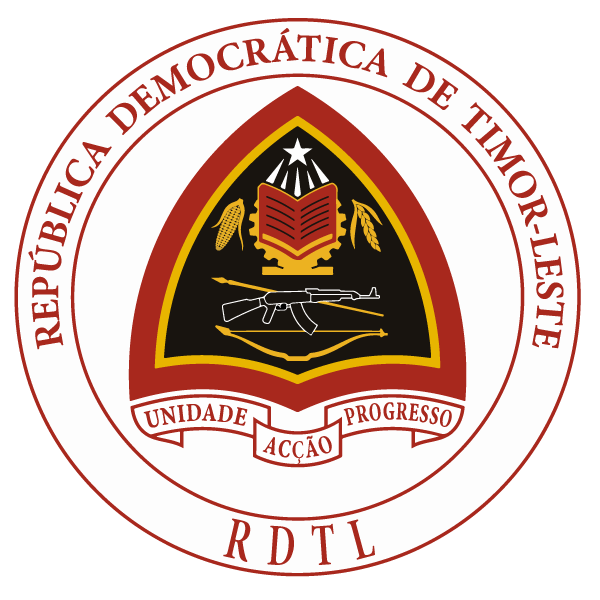The National Social Security Institute (INSS) will invest the Social Security Reserve Fund (FRSS) in foreign banks, especially in countries that offer good returns.
The FRSS’s investment abroad will be made with the aim of preserving social security funds, so that they do not run out and so that payments can continue to be made to taxpayers.
The Chairman of the INSS Board of Directors, Arlindo Pinto, made this statement on Tuesday, April 16, in the debate between the Ministry of Social Solidarity and Inclusion (MSSI) and the National Parliament, in Parliamentary Plenary, on the implementation of the legal regime, social security and the functioning of the reserve fund, in response to the concerns of the Parliament Members about the Government’s policy on FRSS investments.
The head of INSS said that the Institute is already cooperating with the Central Bank of Timor-Leste (BCTL) and that soon a memorandum of understanding may emerge to be able to use part of the capital to invest abroad.
The INSS also has a commitment with the Caixa Geral de Depósitos Bank from Portugal, and in May of this year there will be the signing of an agreement to make an investment with good interest rates for the FRSS.
On the same occasion, the vice-minister of MSSI, Céu Brites, acknowledged that it is true that a lot of money is invested in term deposits in the country’s commercial banks, and that no investment has yet been made abroad because the people’s money needs to be treated with care.
However, the INSS and the MSSI have already held consultations with many groups in other countries and this year they will begin to invest, but this will only have to be done in cases where they have recommendations that are considered safe.
However, regarding the management of the FRSS, the President of the INSS explained that the competent authorities began making withdrawals from the Central Bank to the accounts held by the FRSS in 2002, in the amount of US$151,402,538.60, and in 2023 the FRSS requested the application of the repatriation regime, to be able to manage in the financial markets.
To manage the FRSS in accordance with the Constitution and the investment policy approved by the National Parliament, the FRSS invested in time deposits the capital that was raised from the Central Bank. At the end of 2023, the amount reached US$190,919,553.93, and with this amount, during the year 2024, it was possible to manage in the financial markets and through time deposits, with a yield of US$7,000,000, bringing the value of the Fund to US$217,000,000. In 2025, this amount increased to more than US$233,000,000.
Of the FRSS amount of US$233,000,000 raised by 2025, 50% will be allocated to term deposits and investments in foreign banks and 50% will continue to circulate in the country, to help Timor-Leste’s commercial banks support the national economy. END
![]()

